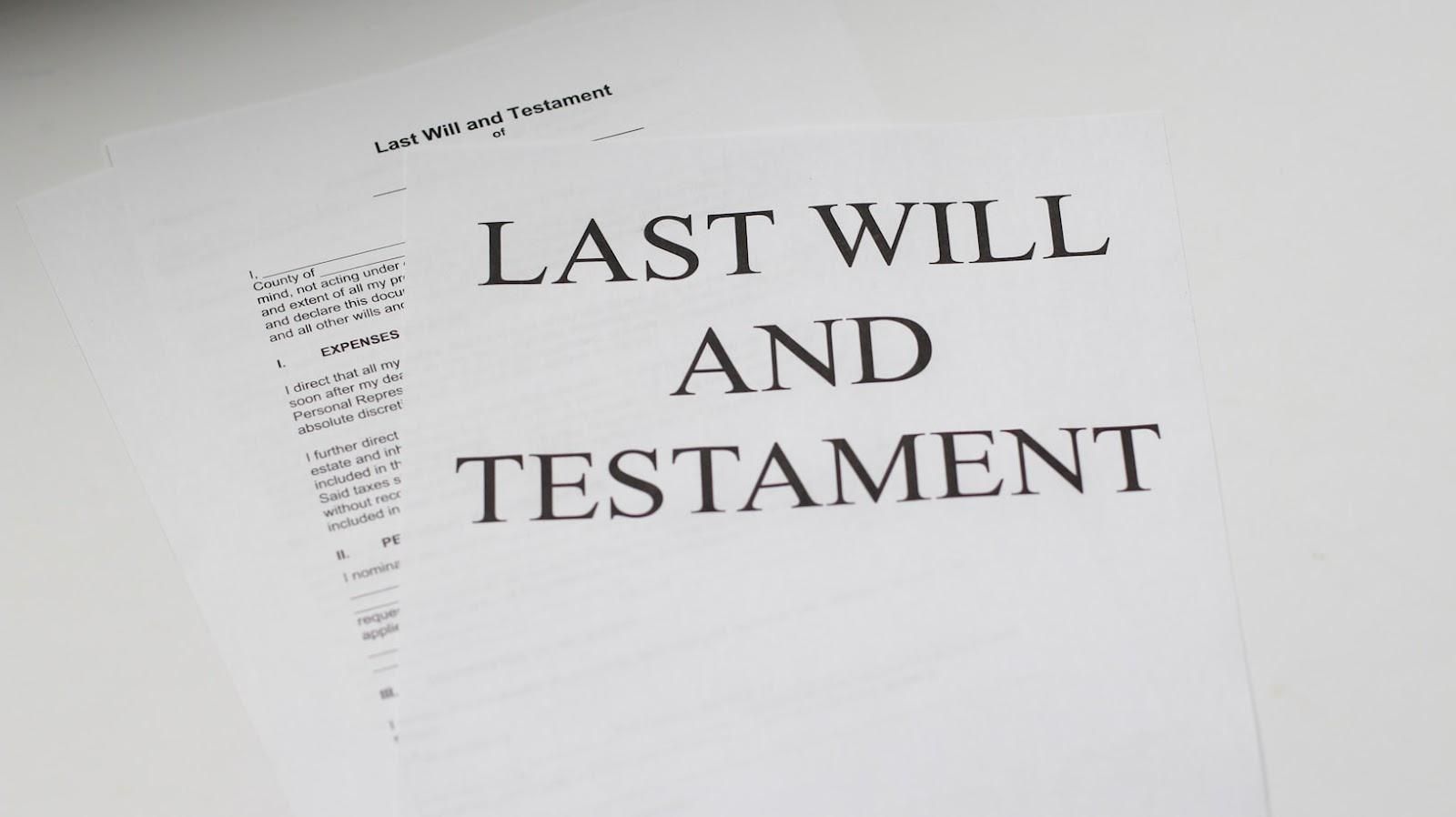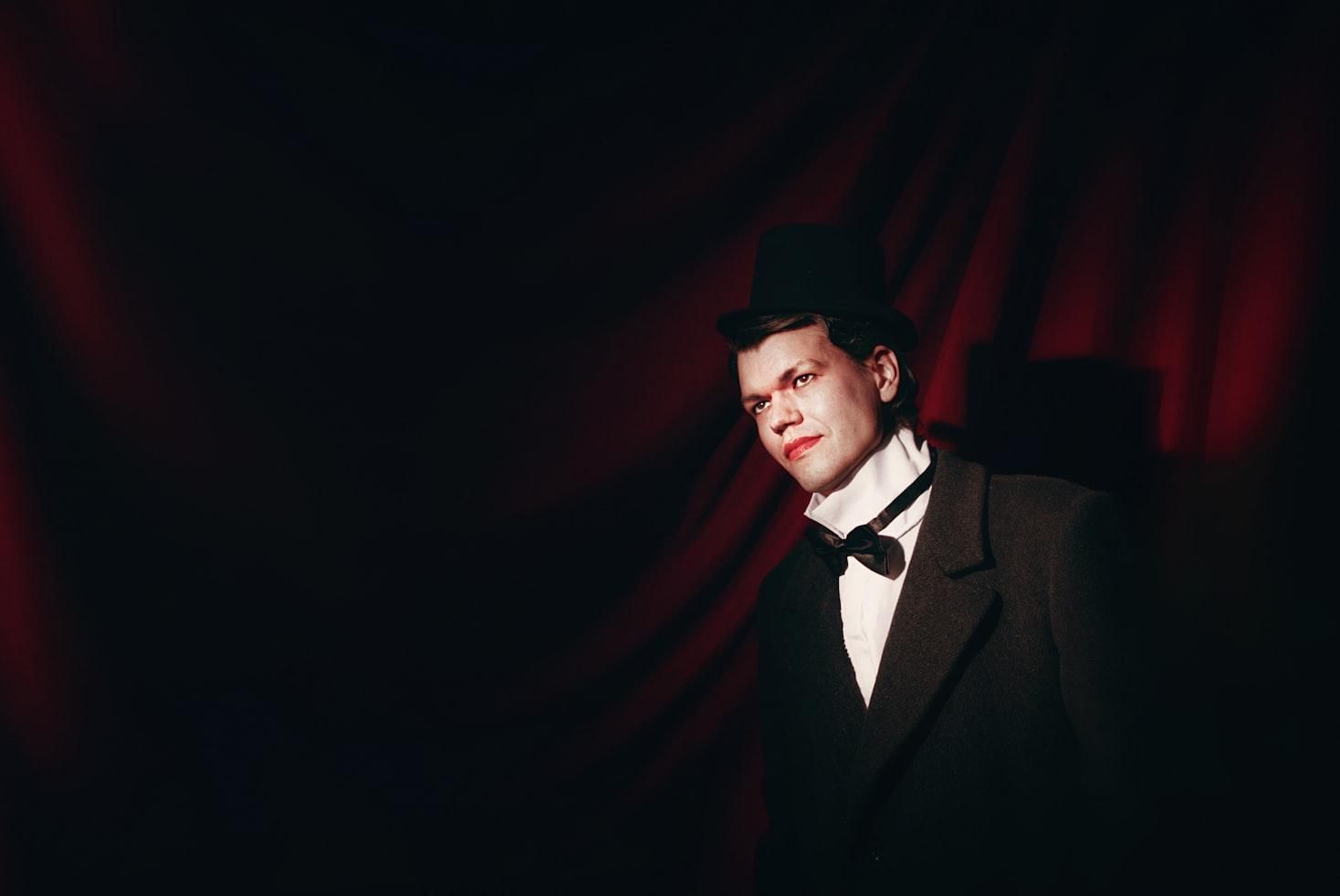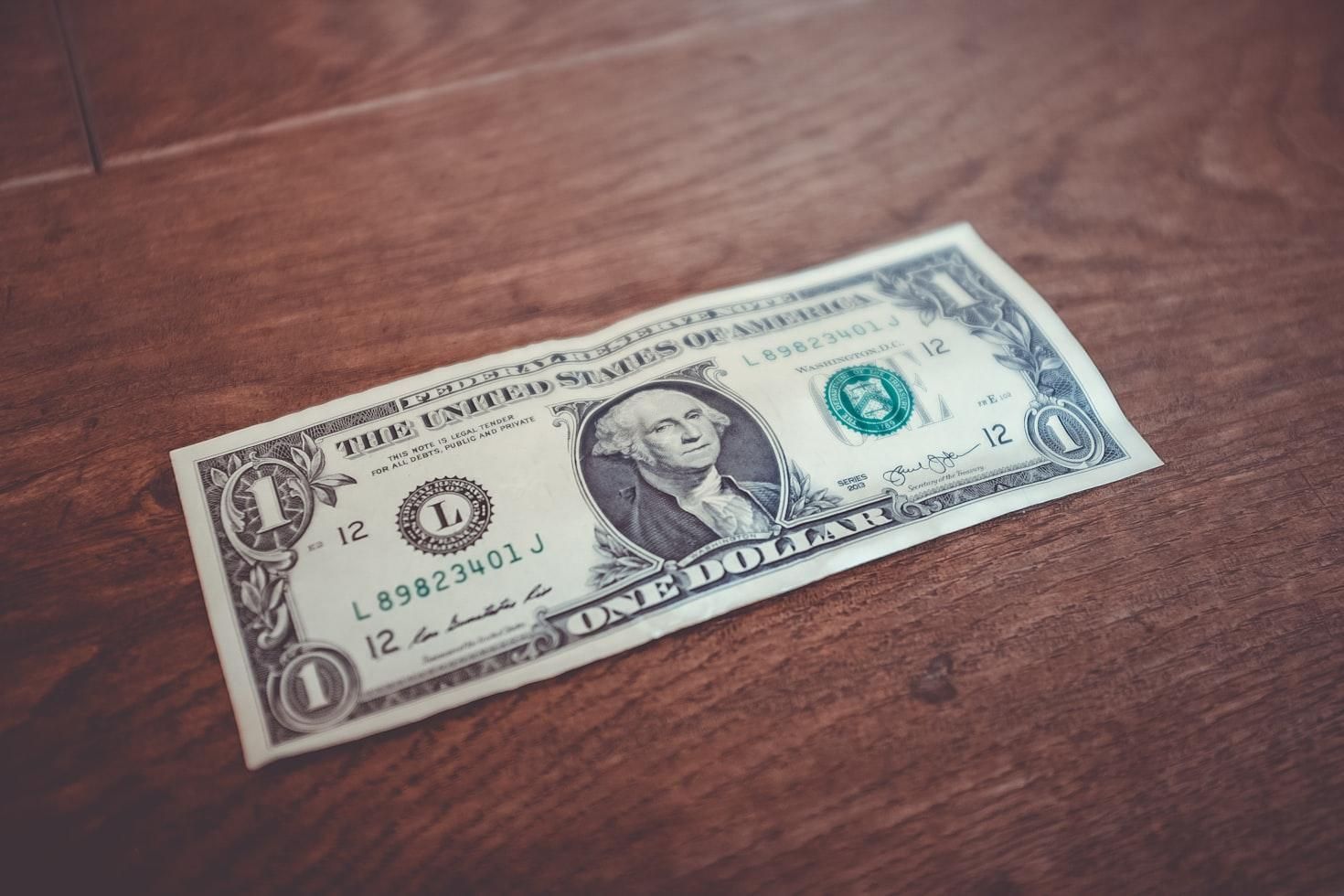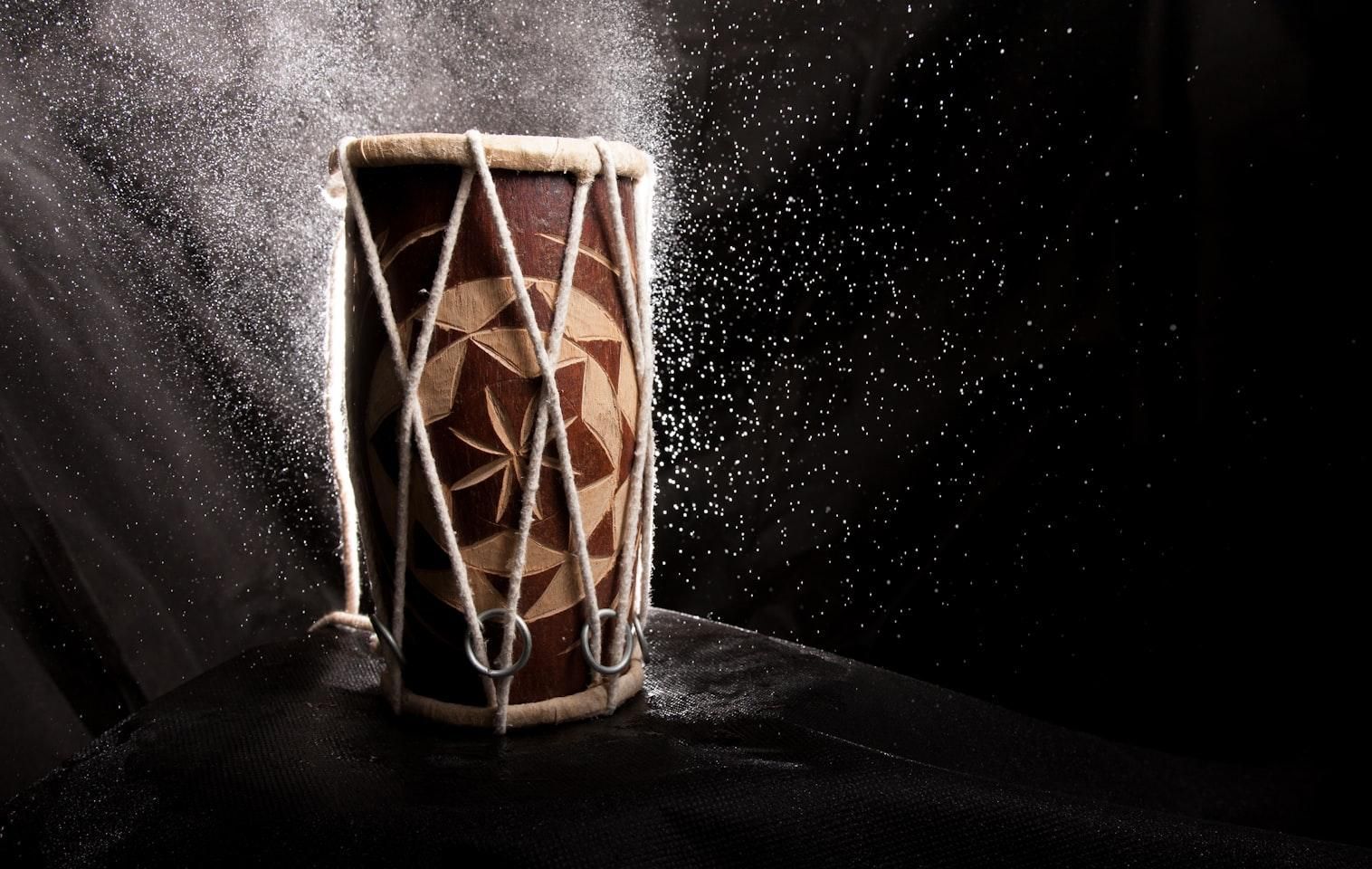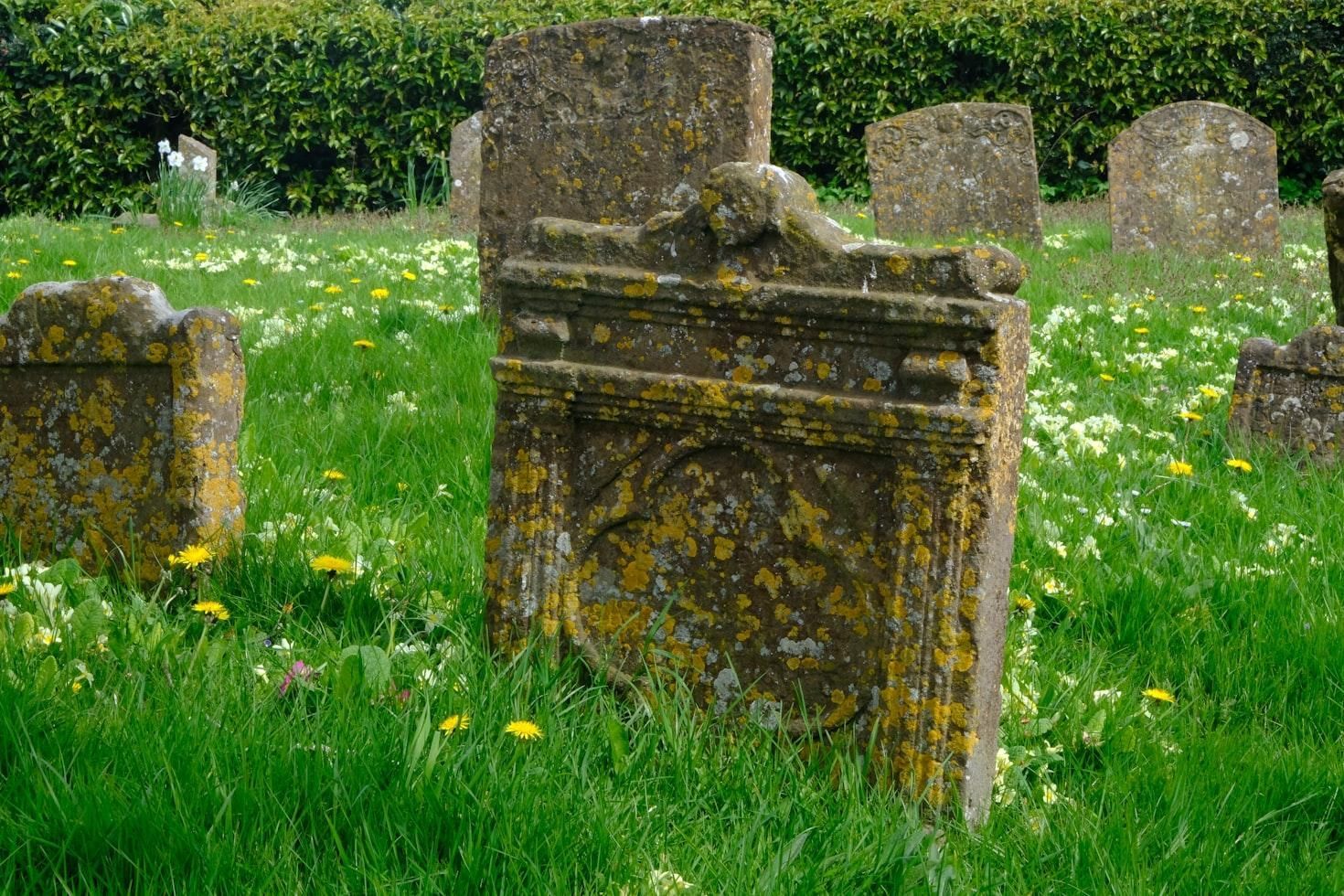Language slip-ups
Blame it on a typo! Look at these 13 words born from happy accidents
Published on September 24, 2025
 Credit: Towfiqu barbhuiya
Credit: Towfiqu barbhuiya
You probably don’t go around thinking about where words come from. But, as it turns out, some of our everyday vocabulary was never supposed to happen. From pronunciation blunders to translation mishaps, these words made it into the English language completely by accident. Grab your coffee, settle in, and enjoy these amusing little mix-ups that stuck around longer than anyone expected.
That’s not how you spell ‘expedite’
 Credit: Prasopchok
Credit: Prasopchok
Back in the 1600s, politician Sir Edwin Sandys wrote expedite instead of expediate in an essay. It was a mistake, but people liked the sound of it. Even after the error was spotted, the made-up version hung around. That’s one way to make a typo famous!
Why "pea" wasn’t always singular
 Credit: Giovanna Gomes
Credit: Giovanna Gomes
In Middle English, "pease" was a mass noun, like "rice." But people assumed that "pease" must be plural, so they trimmed it down to create a new singular: "pea." It was a back-formation based on a misunderstanding… And yet, we’ve been using it ever since!
Culprit started as courtroom shorthand
 Credit: Saúl Bucio
Credit: Saúl Bucio
Back in the day, court clerks would jot down "cul. prit." to stand in for a mouthful of French legalese: Culpable, prest d’averrer nostre bille. Over time, people misread it as an actual word, and boom, "culprit" entered the English language with a similar meaning.
When a "napron" became an apron
 Credit: Clem Onojeghuo
Credit: Clem Onojeghuo
The French had a word, naperon, for a protective cloth. But English speakers often blurred the line between "a napron" and "an apron." Eventually, the "n" slid over and the new version stuck. See how even small slips reshape the language?
How a mathematician became an "algorithm"
 Credit: Google DeepMind
Credit: Google DeepMind
The word "algorithm" can trace its roots to al-Khwarizmi, a 9th-century scholar. Latin scribes butchered his name into algorismus, and it subsequently morphed into "algorithm." Quite the journey for a name. Now it powers everything from apps to smart speakers.
Squeeze got beefed up
 Credit: Toa Heftiba
Credit: Toa Heftiba
In Old English, there was quease, meaning to press or crush. But somewhere along the way, someone added an extra "s," maybe to make it fit better with "squash" or "squish." And just like that, "squeeze" started sounding a lot more satisfying.
Ammunition was just a case of hearing things wrong
 Credit: Specna Arms
Credit: Specna Arms
The French phrase la munition was misheard by soldiers as l’amonition, and English speakers picked up that error like it was fact. The "a" shouldn’t have been there, but it stuck and gave us the word "ammunition" we use today.
A "noumpere" became the umpire
 Credit: CFPhotosin Photography
Credit: CFPhotosin Photography
In French, nompere meant someone neutral, literally "not a peer." But in English, "a nompere" got twisted into "an umpire." And now it’s the name we give to the person brave enough to call strikes with parents in the bleachers. It changed the spelling and the meaning, brave indeed!
Sashay got remixed
 Credit: Christian Harb
Credit: Christian Harb
The French word chassé described a graceful dance step. But English speakers didn’t quite nail the pronunciation, and it turned into the fancier, flirtier "sashay." Sometimes a mispronunciation ends up sounding better than the original.
How "sneeze" sneaked in
 Credit: Towfiqu barbhuiya
Credit: Towfiqu barbhuiya
Originally spelled "fneze," this word changed when people mistook the "f" for an old-style "s." One printing error later, and "sneeze" became the standard. Honestly, it does a better job of capturing the sound, don’t you think?
Ingot lost its ‘L’
 Credit: Andrej Sachov
Credit: Andrej Sachov
French speakers said lingot, but when it crossed into English, scribes dropped the "L," thinking it stood for an article like "le" or "la." Oops! What they left behind became "ingot," a word now used to describe solid bars of metal.
Tornado? Not quite
 Credit: NOAA
Credit: NOAA
This windy word started out as tronada, Spanish for thunderstorm. English speakers twisted the syllables around and made "tornado." It doesn’t match the original, but hey, it feels like it belongs, right?
A nickname from an "ekename"
 Credit: Jon Tyson
Credit: Jon Tyson
Back in the day, people used the term ekename to mean "additional name." Say "an ekename" too quickly, and it morphs into "a nickname." Just another case of sounds slipping around and creating something brand new.
